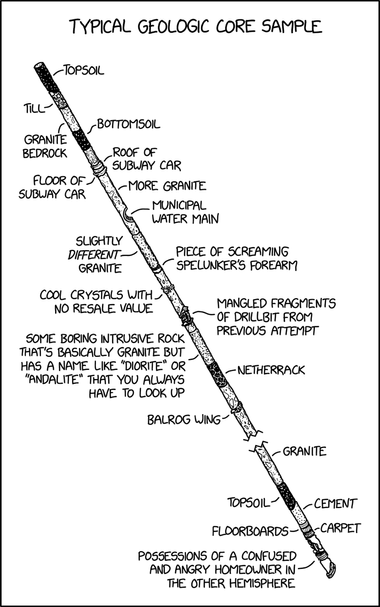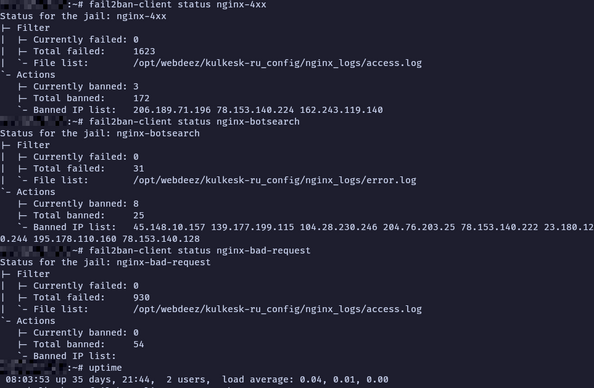2026-02-06 17:11:27
How to Play Accordion: Beginner Step-by-Step Guide:
Someone posted a link to an introduction to playing the accordion on mastodon last night
The article seems to be either really poorly translated, or very badly mangled and unfiltered AI slop
Or probably both: a bad translation run through AI?
Or AI fed on bad translations?
Anyways. The internet will soon be entirely useless. This is all we’ll see:
(1/?)
2025-11-26 01:09:06
xkcd: Geologic Core Sample
https://xkcd.com/3171/
2025-12-27 02:23:54
today i watched the entirety of malice@doll for the first time, and so when i opened up a chocolate x pretzel snack bag from christmas and saw it all melted and mangled into clumps from the road, i imagined each like it was one of the mechanical x organic amalgamations
2025-11-23 19:07:30
It's so weird how all of a sudden all Youtubers are censoring themselves. Sex is called "X". True Crime podcasts are using the term "serial offender" instead of serial killer. Sometimes a word is mangled and that's where I don't know whether that's Youtube doing it to the audio track automatically or whether the Youtubers are doing it on purpose.
#youtube…
2025-11-19 05:11:39

